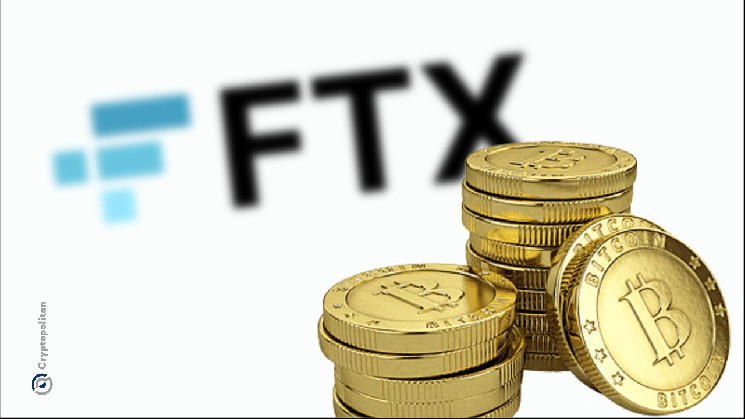Japan’s Financial Services Agency (FSA) is reportedly preparing laws to help prevent the outflow of domestic assets in the case of FTX-type trouble with crypto exchanges based overseas. The state regulator is looking to establish a “holding order” in the country’s Payment Services Act.
Ostensibly in reaction to a narrowly dodged bullet with the collapse of the infamous crypto exchange FTX, Japan’s financial regulator is now looking to create a new “holding order” to prevent domestic assets from flowing overseas in the case of foreign-based exchange failures.
FSA aims to avoid asset hemorrhage in case of exchange failures overseas
Of course, nobody really knows the true impetus for the measures but those in power — the actual political and control-based motives. Nonetheless, according to local media outlet Nikkei:
“The Financial Services Agency is moving towards creating a new ‘holding order’ in the Payment Services Act, which regulates cryptocurrency exchanges, that will order them not to take domestic assets entrusted to them by customers overseas.”
“Overseas” in this case would be Japanese residents using exchanges based abroad, such as FTX, who in certain cases could lose their funds due to bankruptcy and other failures.
Up to now, such holding orders have only applied to firms registered with the Financial Instruments and Exchange Act, but if the proposed legal change takes hold, they will reportedly apply to all “virtual currency exchange companies registered under the Payment Services Act.”
At the time of FTX’s spectacular implosion, Bankman-Fried’s scam outfit was registered as a financial instruments firm, so a holding order was able to be issued.
However, with the proposed amendment, the safeguard would be put in place in a much broader fashion.
Registered domestic exchanges in Japan are already legally restrained from allowing asset leakage overseas, and 29 exchanges (both domestic and otherwise) are currently registered. The amendment would result in a system designed to hold domestic assets in Japan, regardless of an exchange’s headquarters.
Read the full article here

